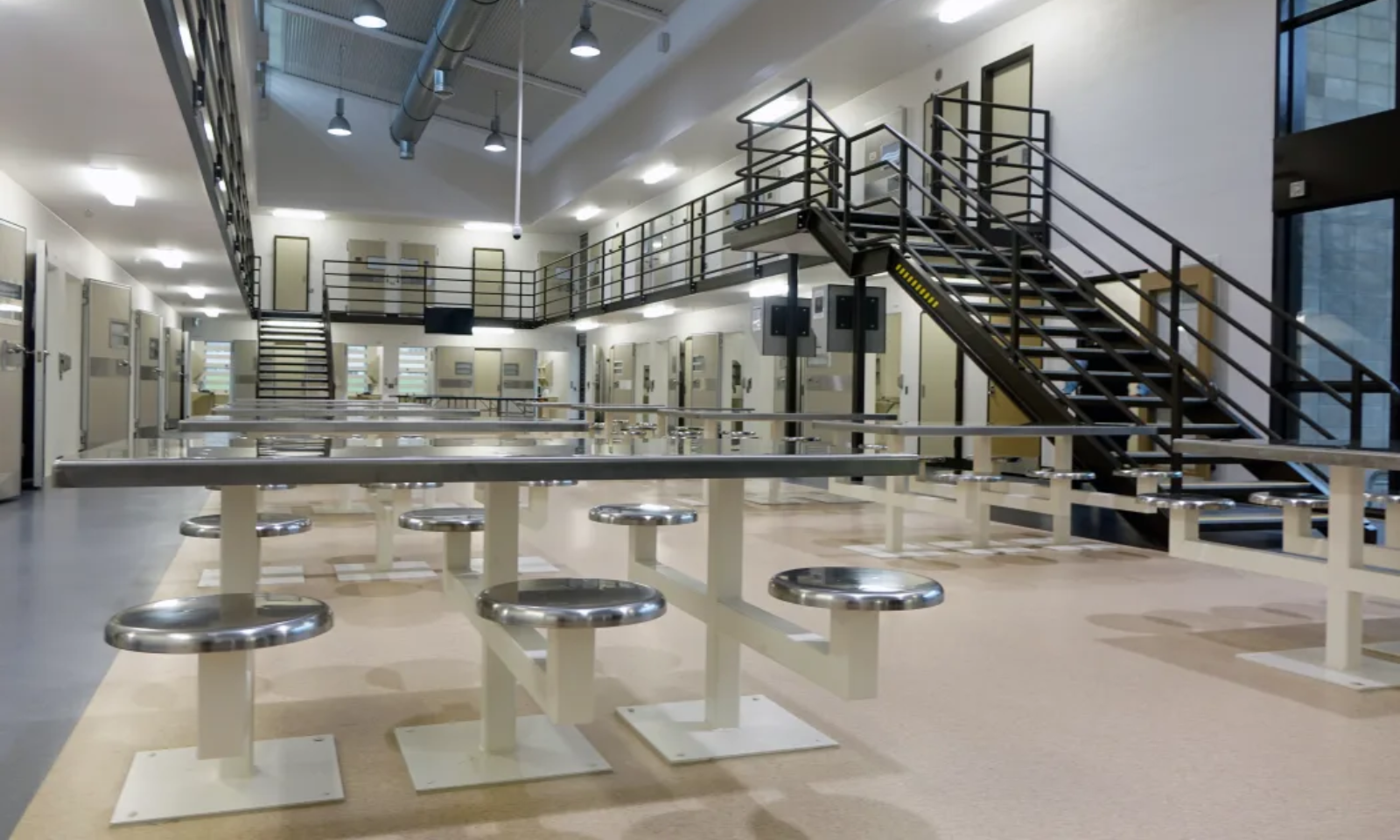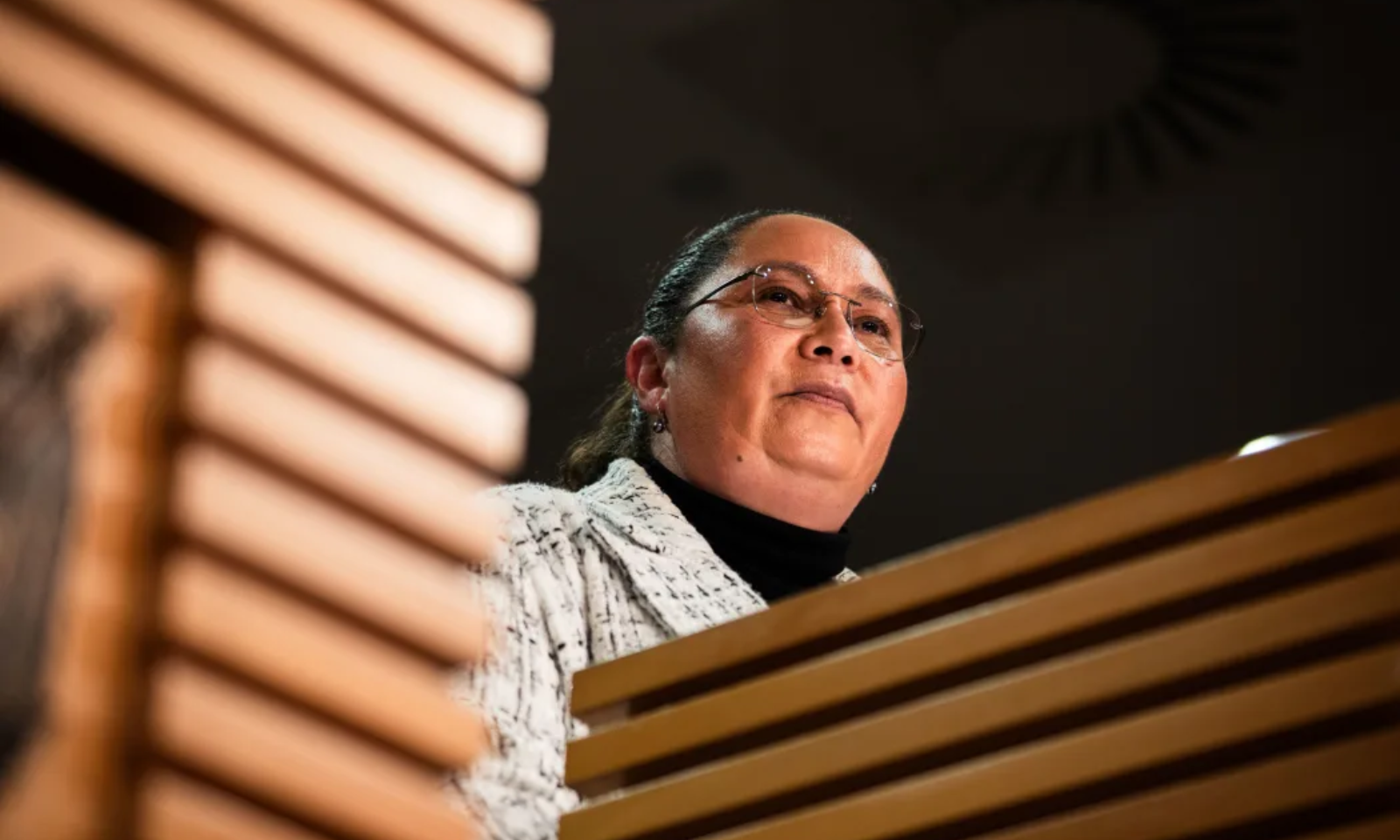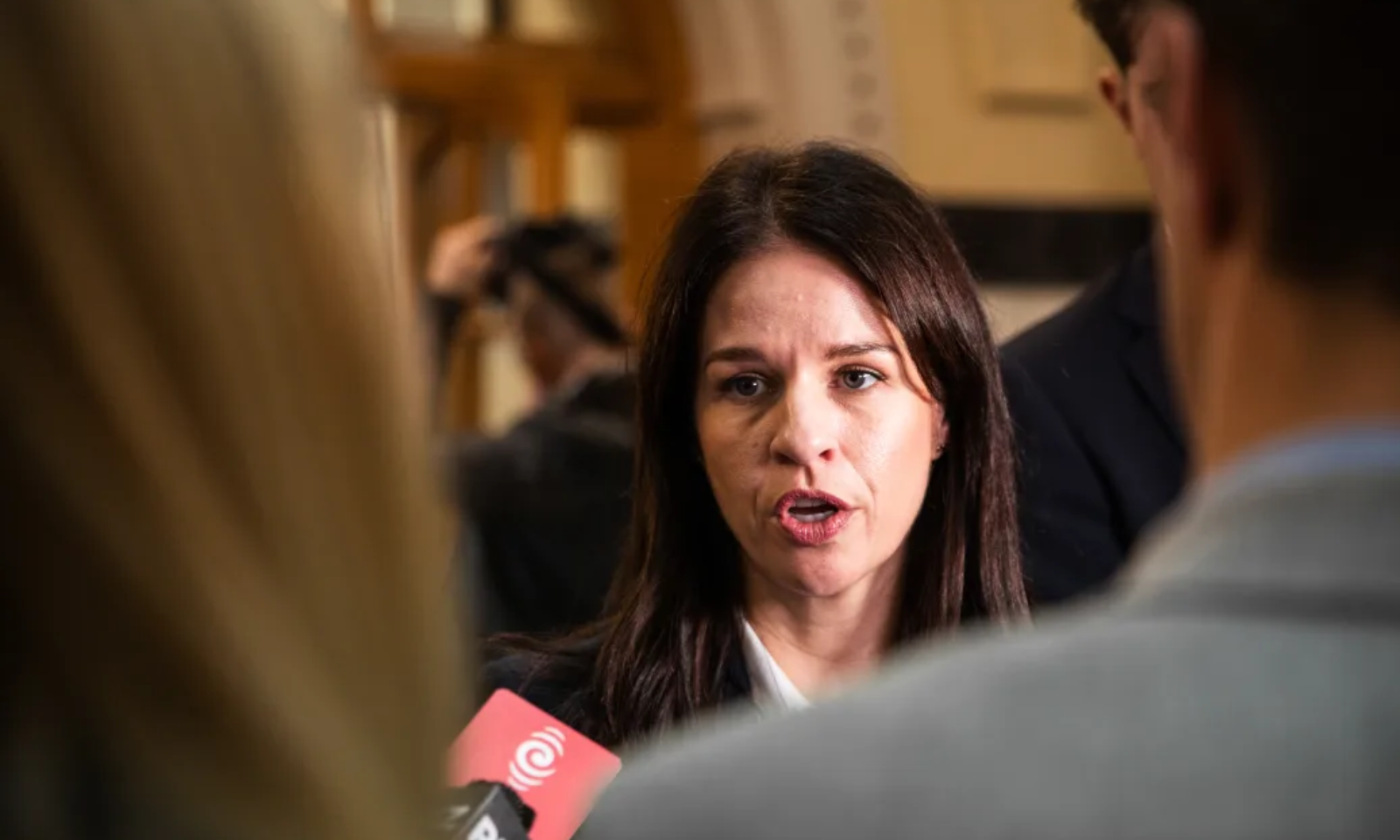

Advocate Te’o Harry Fatu Toleafoa slams Three Strikes as a harmful and baseless legislation which will drive disproportionate risks in Māori and Pasifika communities.
PMN Composite/Auckland Council/RNZ
The return of Three Strikes slammed as unjust and ineffective
A Pacific advocate says a renewed focus on community, not mandatory sentencing, holds the key to breaking cycles of harm and incarceration.



Record candidates in Auckland elections highlighting youth empowerment

From obedience to opportunity: Manu Sina captain champions Sāmoa women’s rugby

Cook Islanders worry over China amid anniversary party


Sisters transform Kiwi tourism with authentic Māori and Pacific cultural experiences

Record candidates in Auckland elections highlighting youth empowerment

From obedience to opportunity: Manu Sina captain champions Sāmoa women’s rugby

Cook Islanders worry over China amid anniversary party
A Pacific advocate says the reimplementation of Three Strikes will exacerbate already disproportionate incarceration and recidivism rates for Māori and Pasifika.
Te’o Harry Fatu Toleafoa spoke to PMN News Political Reporter Ala Vailala on Pacific Mornings about reimplementing Three Strikes, a law he says lacks evidence and does not address the underlying drivers of crime.
Based on a 2023 National Party campaign promise, the Coalition Government has made Three Strikes a core aspect of its tough-on-crime strategy.
However, Toleafoa says there is no evidence of the effectiveness of the Three Strikes in reducing crime.
“This is one of those pieces of law where there's actually no evidential basis,” Toleafoa says.
He adds that the Three Strikes’ punitive nature restricts judges' ability to use circumstantial evidence to determine sentencing outcomes.
“They can't take into account factors such as mental health, disability or youth - their hands are effectively tied.
“[It] cuts across one of the fundamental principles of sentencing that every single person should be dealt with on their own individual circumstances.”
Critical of the Coalition Government’s tough on crime approach, Toleafoa highlights that Aotearoa New Zealand already has higher imprisonment rates than comparable countries such as the United Kingdom and Australia.
Watch Te’o Harry Fatu Toleafoa's full interview below.
He emphasises the importance of restorative justice in driving down incarceration and recidivism, particularly for Pasifika peoples experiencing cycles of harm, abuse and addiction.
“Part of the sentencing regime takes into account the community and considers the interests of victims, allows them to participate in restorative justice, and affords redress for them should they have sustained loss or harm,” he says.
“This is just a government who has run out of ideas who are recycling the same laws that just simply don't work.”
Toleafoa says the government would be better suited to focus on the drivers of crime rather than on legislation with disputed efficacy.
“Nine out of 10 prisoners have untreated mental health or substance abuse issues,” he says.

Legal experts dispute the effectiveness of Three Strikes, while others call for an emphasis on restorative justice. Photo/RNZ/Kim Baker Wilson
Toleafoa says that anything from mental health to economic factors, to simple things such as housing instability or bail compliance, are issues that lead to further reoffending and need to be resolved.
The previous implementation of Three Strikes under John Key’s National government led to an overrepresentation of Māori and Pasifika receiving strikes, something which Toleafoa says will repeat under the reimplementation of this law.
“There was an over-incarceration of Maori and Pasifika defendants who accounted for more than 50 per cent of the strikes,” he says.
“We know that for a fact this disproportionately impacts our people and whether that's contributed by over-surveillance, over policing, the likelihood of us being charged, the likelihood of us receiving a custodial sentence.”
As an alternative to Three Strikes, Toleafoa says the Government should emphasise the importance of community pathways in addressing recidivism, particularly for younger offenders.

Associate Justice Minister Nicole McKee says there is lacking evidence to prove Three Strikes doesn't work. Photo/RNZ/Samuel Rillstone
“We hold the solutions, and it's unfair to leave these issues at the feet of the criminal justice system,” he says.
“Churches, community groups, youth groups, they all have an important part to play - they all have an important part to hold our young people accountable, to make them feel like they belong, encourage their accountability or their support.
“There's a role for everybody to play,” he says.
Cabinet has been considering limiting abuse in care redress to gang members, of which Toleafoa says is a counterintuitive strategy, driving more harm and revictimising those who experienced state-perpetrated abuse.
“It was hard enough to get our victims to come forward, and now we're going to turn around and say, because you're affiliated, you don't deserve the redress, or we won't acknowledge the harm that was caused by us,” he says.

Abuse in Care Lead Coordination Minister for the Crown Response Erica Stanford says she received input to consider limiting redress for gang members. Photo/RNZ/Samuel Rillstone
“It's incredibly disingenuous, and it is incredibly distasteful for the state to limit actual gang members from receiving redress.”
Toleafoa says all victims deserve redress and criticises the Cabinet’s consideration of it as a discriminatory approach to providing redress.
“Abuse doesn't discriminate - it doesn't matter if you're a gang member or the Prime Minister…all this will do is rob people of their healing.”